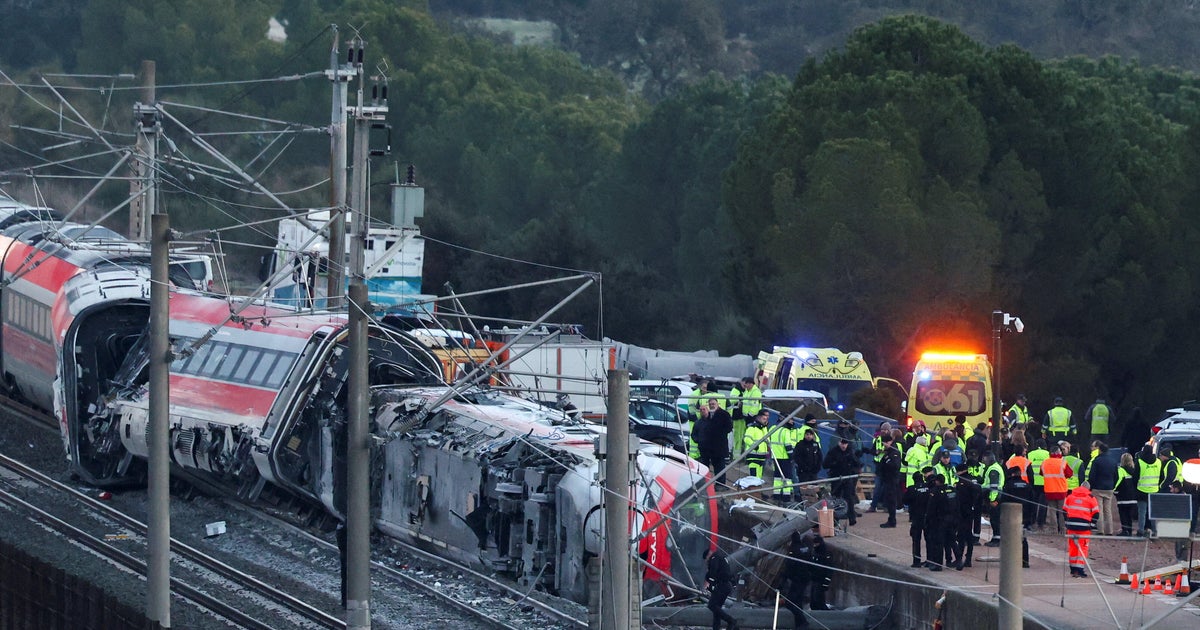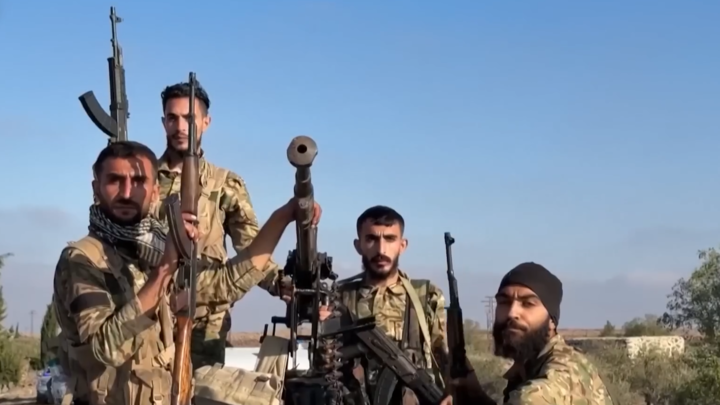U.S. drone strike kills al Qaeda-linked commander in Syria. He was riding a motorcycle
Beirut — A drone strike by the U.S.-led coalition in northwestern Syria killed a senior member of an al Qaeda-linked group, Syrian opposition activists and the U.S. military said Tuesday.
The attack on the suspected militant, who was riding a motorcycle at the time, came shortly before midnight on Monday - the latest in a series of strikes over the past years targeting al Qaeda-linked militants in northwestern Syria.
The U.S. Central Command said its forces conducted "a kinetic strike" in Syria's Idlib province, targeting Abu Hamzah al Yemeni, a senior leader of Horas al-Din group. Al Yemeni was traveling alone at the time of the strike, it said, adding that an initial review indicated no civilian casualties.
The opposition's Syrian Civil Defense, also known as the White Helmets, said the attack occurred just south of the rebel-held city of Idlib. The White Helmets said there were no fatalities other than the man on the motorcycle, adding that they have handed over his body to morgue officials in Idlib.
Syrian opposition activists didn't identify the slain man, while the U.S. Central Command statement indicated he was a Yemeni citizen.
Members of Horas al-Din, Arabic for "Guardians of Religion," are hardcore al Qaeda elements who broke away from Hayat Tahrir al-Sham, the strongest insurgent group in Idlib, the last major rebel enclave in war-torn Syria.
In June 2020, the U.S. military killed Khaled Aruri, a top Jordanian commander with Horas al-Din, also in Idlib. A drone strike in December 2019 killed a senior Horas al-Din commander, the Jordanian citizen Bilal Khuraisat, also known as Abu Khadija al-Urduni.
CENTCOM said in its statement that violent extremist organizations, including al Qaeda-aligned organizations such as Horas al-Din, "continue to present a threat to America and our allies." It added that al Qaeda-aligned militants use Syria as a safe haven to coordinate with their external affiliates and plan operations outside of Syria.
"The removal of this senior leader will disrupt al Qaeda's ability to carry out attacks against U.S. citizens, our partners, and innocent civilians around the world," CENTCOM said.
Brett McGurk said at the time when he was the top U.S. envoy for the coalition battling the ISIS that Idlib is the largest al Qaeda haven since Osama bin Laden's days in Afghanistan.
A U.S. airstrike killed al Qaeda's second in command, former bin Laden aide Abu al-Kheir al-Masri, in Syria in 2017.
In February, the U.S. military killed the latest IS leader, Abu Ibrahim al-Hashimi al-Qurayshi, in Idlib province near the Turkish border. The first leader of ISIS, Abu Bakr al-Baghdadi, was also killed in a U.S. strike in Idlib, in 2019.





